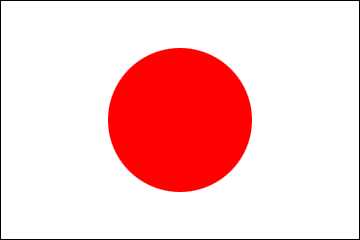From Ambassador
A leading country in gender equality
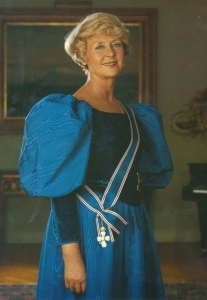
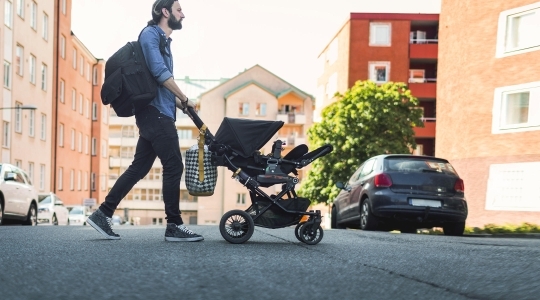
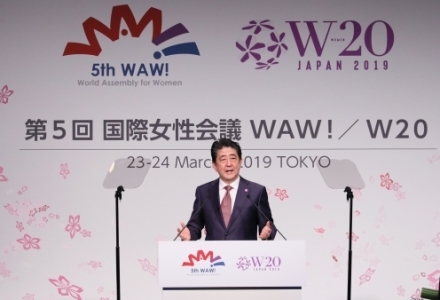
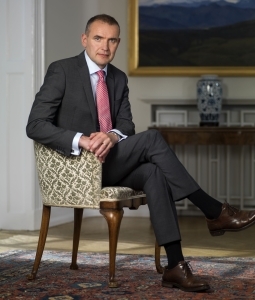
Photo above-left) the world's first democratically directly elected female president, H.E.Ms. Vigdís Finnbogadóttir
Photo below-right) President Jóhannesson
According to the study by the World Economic Forum, Iceland has topped the Global Gender Gap Index for the 10th year in a row and remains one of the fastest-improving countries in the world.
Historical achievements also clearly show Iceland’s leading role in promoting gender equality; Iceland was among the first country to give equal rights of inheritance to both sons and daughters in 1850, and in 1980 Ms. Vigdís Finnbogadóttir became the world’s first democratically elected female president.
As it now stands, about 40% of the members of the Icelandic parliament are women. 66% of university graduates in Iceland are women and female employment rate is over 80%. These are indeed very impressive numbers.
However, according to a female activist who has been involved in the promotion of gender equality, it was not until the year 2000 when the Parental Leave Act was amended that she finally felt that people started to take gender equality seriously as the amended act made it mandatory for fathers to take at least three months parental leave.
As of today, the parental leave in Iceland is a total of nine months long; three months for the mother, three months for the father and the remaining three months to be split between them as they wish. Additionally, Parliament is now looking into possibilities to lengthen the total leave period from nine months to 12 months. If approved by Parliament, both the mother and the father will be granted five months each and two months that can be shared between them.
A man who took paternity leave once told me, “Even in Iceland, many people believed for a long time that child rearing was women's responsibility. But with my leave, I could find true joy in child rearing.” And opinions like his are not few.
While already leading the world in terms of tackling the gender gap problem, Iceland´s efforts have never come to rest.
In January 2018, the Equal Pay Certification Law took effect in Iceland. With this law, Iceland became the world’s first nation to make it mandatory for companies and institutions with more than 25 employees to prove that they pay men and women equally for the same job. If a workplace does not obtain certification from authority by a specific deadline, it will receive a fine of up to 500 USD per day.
Looking at the situation in Japan, “creating a society in which all women shine” has been one of the most important policy agenda of Prime Minister Abe’s administration and since 2014 the Japanese government has organized an annual international forum held in Tokyo called “the World Assembly for Women (WAW!)”, where both domestic and international leaders discuss ways to promote gender equality.
The 6th WAW! Conference will be held in Tokyo in April 2020 and President Jóhannesson has been invited as a key-note speaker. The reason why he was chosen for the role is because both President Jóhannesson and Prime Minister Abe are members of the “10 Heads of State IMPACT Champions” in the “IMPACT 10x10x10” campaign led by UN Women, the United Nations entity dedicated to gender equality and the empowerment of women.
I believe that Japan has a lot to learn from the examples of Iceland and with this coming opportunity, I sincerely hope that the bilateral exchanges and cooperation in the field of gender equality will be further strengthened.
